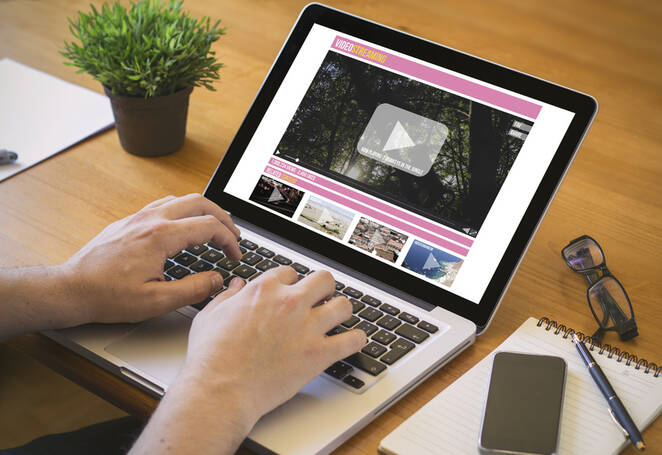We all have done it at least once… Downloading a great film, streaming the latest series everyone’s talking about ; but how “dangerous” is it and what do we actually risk if we get caught ? Those are the questions we asked EJ member Etienne Wéry, former Intellectual Property PG President, Attorney at Law at both Paris and Brussels Bars and Managing Partner at Ulys in Brussels.
First of all, how does streaming differ from downloading ?
“When you stream a video or music, the file itself doesn’t live on your device’s hard drive. It’s accessed on the internet, temporarily, while you’re using it. That’s why streaming is used by many sites offering free or rented content: you have access to it but you don’t “own” the content. Streaming is great for watching or listening to content on any device – your internet-connected TV, smartphone, tablet, or laptop. Streaming works better with a faster internet connection as you’re listening or watching in real-time”.
“By contrast, when you download a video or music, the file itself lives on your hard drive and takes up space there. This means that, once downloaded, you can use it again and again, and not have to download it each time. However, you often have to pay more for downloaded content than you would if you streamed it because you “own” the file. Plus, with downloaded content, it can be challenging to use it across multiple devices” explains an Online Media Expert from Rodgers, a Communications and Media company based in Canada.
How dangerous is it if you get caught ?
Etienne Wéry warns us : “Watching any art form through those technologies is risky. It is not only extremely unsafe, as servers always record your IP address from one way or another ; it can also expose you to expensive fines and/or potential prosecutions. Moreover, every time you view or listen to those films, videos, cartoons, or pieces of music, you prevent their author from earning royalties on the fruit of their labour”.
He adds : “Now, one of course needs to make the difference between occasional private use, -which is considered as a cul de sac situation, and the exchange and distribution of media. The devious and hidden truth about this situation is that you often contribute to sharing the media you just viewed without even knowing it through hidden default settings on the software you’ve just used.”
“Countries such as France and Germany are very active in tracking unlawful users and have created surveillance agency that monitors piracy and reports the results of their findings to the authorities”.
Which works are protected under author right ?
“There is no general list of works/objects protected by author right. However, specific elements are explicitly protected by author right, notably:
a) Computer programmes. According to article 1 of the applicable Directive, “(...) Member States shall protect computer programs, by copyright, as literary works within the meaning of the Berne Convention for the Protection of Literary and Artistic Works. (…)”;
b) Databases. According to article 3 of the applicable Directive : “Databases which, by reason of the selection or arrangement of their con- tents, constitute the author's own intellectual creation shall be protected as such by copyright. No other criteria shall be applied to determine their eligibility for that protection”.
Beside those examples, the meaning of literary and artistic works is unclear (as it is in the international conventions and treaties).
It typically refers to all artworks: musics, photographs, written compositions, statues, architectural plans, models, paintings, but also movies, video games, etc”.
Are you interested in learning more about Intellectual Property rights ?
Do not hesitate to surf on www.ulys.net , publications and articles are all available in French, Dutch and English


